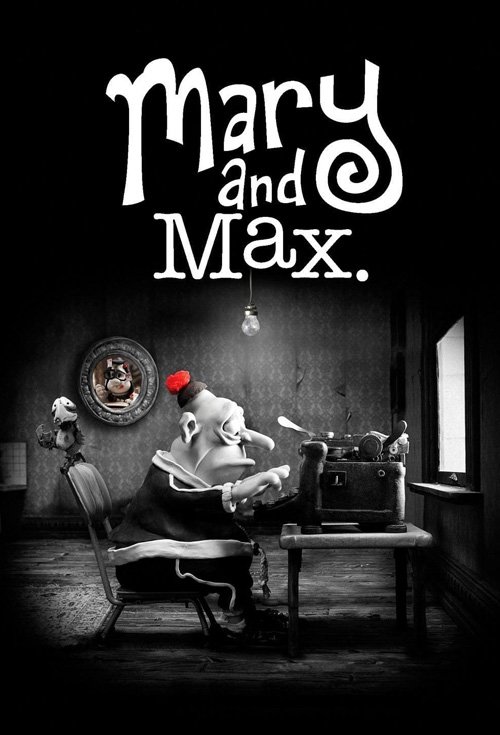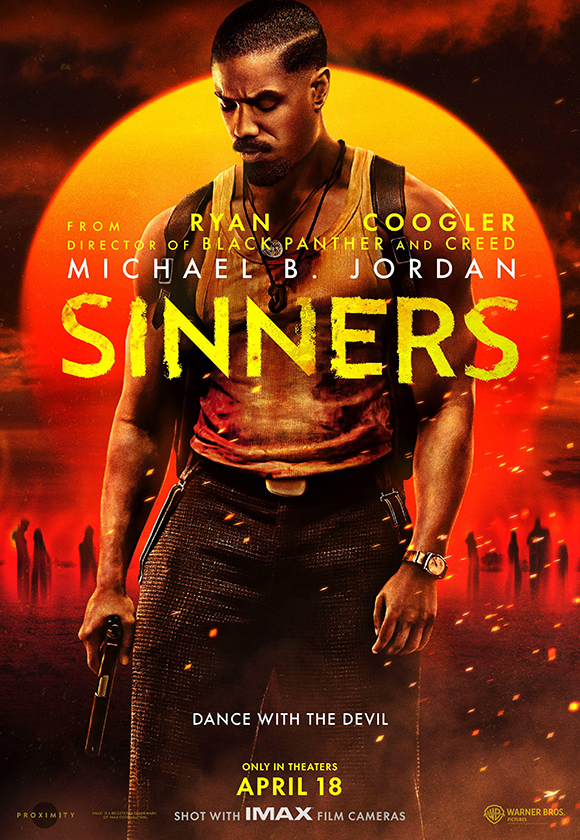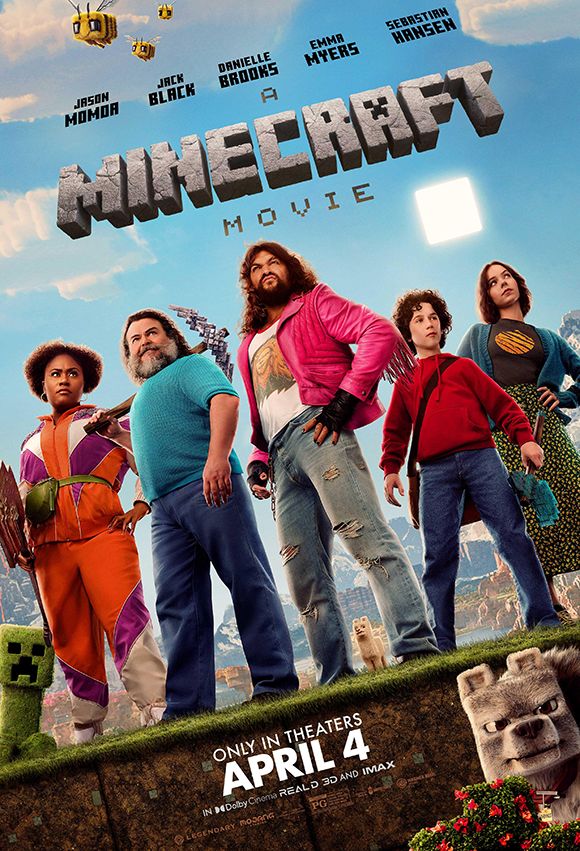Mary and Max
NZ release: 26 November 2009
Sexual references Rated on: 27 February 2015

What’s it about?
After becoming pen-pals, a long-distance friendship blossoms between two unlikely people – Mary, an eight-year-old lonely Australian girl and Max, a forty-four-year-old American man.
Despite being animated and having a PG rating, Mary and Max is intended for adults rather than children. In an interview, director Adam Elliot described it as emotionally complex, dealing with some subject matters that you wouldn’t normally see in an animated films like Shrek or Nemo. However, if you are planning to watch the film with younger whānau members, we recommend being aware of the following content before pressing play.
The facts
- This stop-motion claymation film was written and directed by Oscar winner Adam Elliot (Harvie Krumpet, Memoir of a Snail)
- Stars Philip Seymour Hoffman (The Hunger Games, Capote, Moneyball) and Toni Collette (Muriel’s Wedding, Hereditary)
- English language
- Runtime: 92 minutes
Why did it get this rating?
This film game was cross-rated by the Film and Video Labelling Body. You can find out more about cross-rating here.
Sexual references
While no sex acts are shown, this film has several sexual references, such as:
- Mary hears from another child that babies are made by "sexing."
- Mary says her mother told her babies are "found at the bottom of a glass of beer."
- Max explains what he learned from his mother: babies supposedly come from “dirty prostitutes,” atheists, and Catholic nuns, illustrated with an egg coming out of a nun.
- In a letter to Mary, Max mentions he once worked in a condom factory but has never used a condom.
- Mary describes her agoraphobic neighbour as having "homophobia" by mistake.
- Mary’s husband, Damian, leaves her for a man named Desmond, his pen-pal.
Suicide and mental health themes
This film explores themes such as Asperger's syndrome, death, sexuality, bullying, substance use, mental health, and suicide. While these scenes may feel intense for younger viewers, the animation and humour help soften the impact.
In a flashback to Max’s childhood, his mother shoots herself. This happens off screen but you hear the gun shot and see Max grieving afterwards.
In one scene, Mary attempts to hang herself while pregnant but stops herself when her neighbour knocks on the door. Although she goes on to live a seemingly happy life this scene may be intense for some audiences, especially younger ones.
Max has anxiety attacks that land him in an institution, where he’s then given shock therapy.
Mary and Max both recall their experiences being bullied – Max for being Jewish and Mary for having a “poo” shaped birthmark on her forehead – which lead to them having low-self esteem.
When content stays with you:
We all have our boundaries, and it’s completely okay if something you’ve watched is weighing on your mind. If certain content lingers with you, consider having a chat with friends or whānau to debrief about what you’ve just seen. But if you’re still feeling affected, please reach out to any of the following helplines for support.
Further information
Recent featured decisions
Violence and scary scenes
Four misfits are suddenly pulled through a mysterious portal into a bizarre, cubic wonderland that thrives on imagination. To get back home, they'll have to master this world while embarking on a quest with an unexpected, expert crafter.

